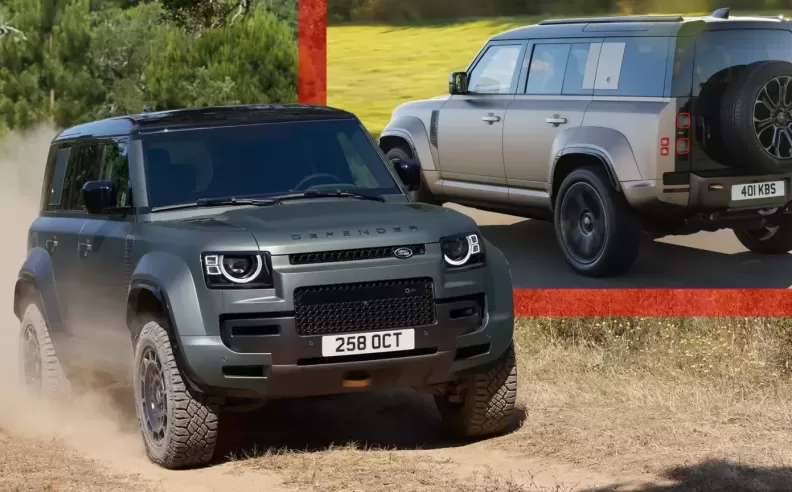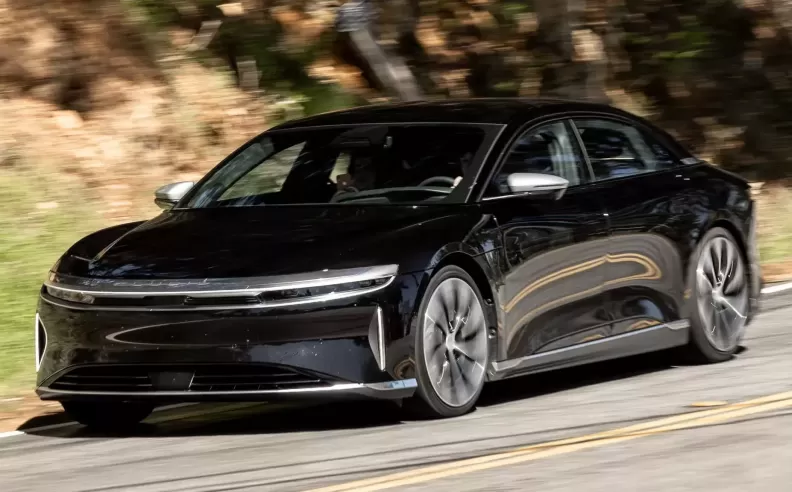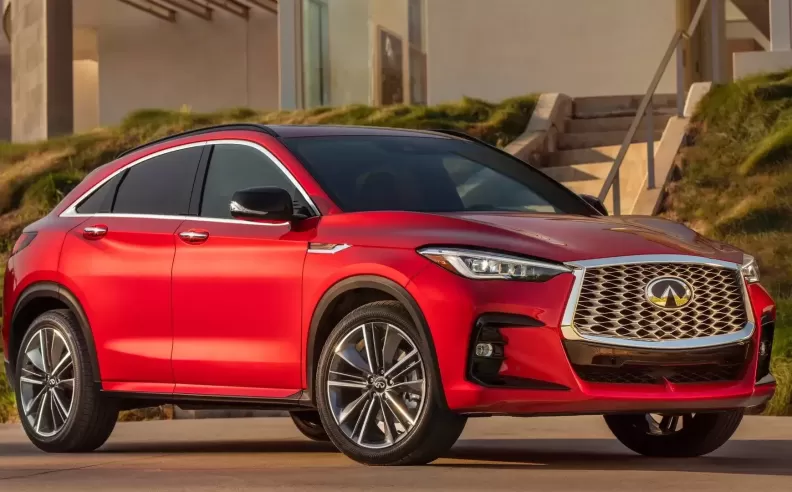
Car prices have surged, with the average cost of a new vehicle reaching $47,716. While some of this increase reflects added features and technological advancements, not all brands justify the steep price tags. Certain automakers consistently demand premium prices for cars that lack matching improvements in performance, quality, or innovation. For example, Land Rover's base models like the Evoque start at reasonable prices under $50,000, but adding options can push costs to eye-watering levels. Similarly, Jeep, once a rugged and affordable brand, has shifted toward premium pricing, making its iconic models like the Wrangler far less accessible.

Several brands teeter on the edge of mainstream and premium, like Infiniti, which markets itself as a "near-luxury" choice. However, its models like the QX55 start at $50,150, and premium trims stretch to nearly $65,000, creating a price gap that feels unjustified for the features offered. The QX80, another Infiniti model, has a base price exceeding $82,000, competing directly with higher-end luxury SUVs. Meanwhile, EV-exclusive brands such as Tesla and Rivian also face scrutiny for their high costs, even as buyers question whether their offerings align with the hefty price tags.

Consumers have become vocal about these inflated prices, debating which brands truly offer value for money and which rely on brand prestige alone. While prices have slightly dipped compared to 2022, automakers like Stellantis, which owns Jeep, have slashed prices in response to consumer pushback. Ultimately, the debate over the most overpriced automaker depends on whether buyers prioritize brand reputation or tangible value in their purchasing decisions.

Started my career in Automotive Journalism in 2015. Even though I'm a pharmacist, hanging around cars all the time has created a passion for the automotive industry since day 1.
